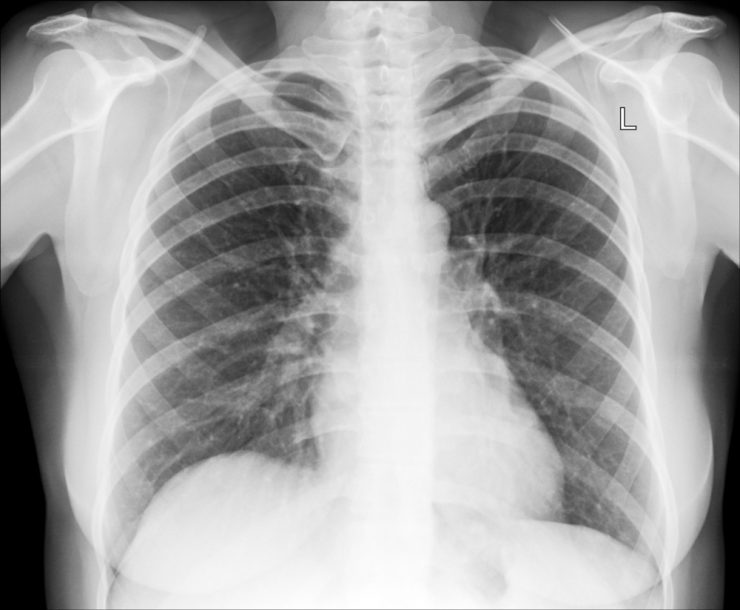Certain waste products which are present in the urine get crystallised. These crystallised wastes are called the bladder stones. In certain cases, the crystals get too large so that the flushing out of these from the bladder becomes very difficult, especially if these are present in the urethra.
Sometimes the presence of a larger stone may be undetected where as the person will experience pain while urinating. The crystals or the bladder stones are normally formed of calcium, due to high sodium level in the urine.
In majority of the cases, men over 45 years of age experience bladder stones. The lack of treatment can cause incontinence of the bladder muscles due to irritation from the bladder stones.
Symptoms
The bladder stone may get noticed only when it causes irritation to the soft lining of the bladder wall. At this point haematuria (passing blood during urination) will be experienced by the person.
Bladder stones can result in:
- Painful urination
- micturation (frequent urination)
- urgency of emptying the bladder
- haematuria
One may not be able to empty the bladder if the stone blocks the urethral entrance. In such case
- one can experience pain in the hip or back
- men may experience pain the tip of scrotum or penis
- women may experience pain in the peritoneum
The pain can be sharp or dull. Sharp exercises and sudden movements worsen the pain.
Causes
Acidity change due to poor drinking of water or poor diet can cause bladder stones.
Stagnating urine in bladder due to blind pouch can also cause bladder stones. This usually happens due to the enlargement of prostrate gland that pressurises the bladder.
People who have frequent urinary tract infections are subjected to this condition.
Some other conditions like gout can also lead to the formation of bladder stones.
The bladder stones normally develop within the bladder. But in certain cases, the stones are formed in the kidney at the initial stages. They then move on to the bladder from the kidneys.
Treatment
In the normal course, the bladder stones must be decomposed into smaller forms to remove them from the body. This can be done via lithotripsy (using sound) or cystoscopy.
A surgical tool is passed through the cystoscope to the bladder and the bladder stones are decomposed into smaller pieces, with the help of ultrasound or laser.
The lithotripsy is done in the hospital. High intensity sound waves are used for breaking down the bladder stones into smaller pieces. These pieces are so tiny that while urinating it moves out of the body.
In certain cases the patient tends to develop a discomfort or pain. So analgesics or pain killers are administered to reduce the discomfort. Since there will be a feeling of the abdomen being lighter, there are chances of passing blood while urinating.
But it is very unusual to develop very severe complications due to this treatment.
Surgery needs to be done only if the bladder stones present are really large. Otherwise the bladder stones can be treated using Lithotripsy.











